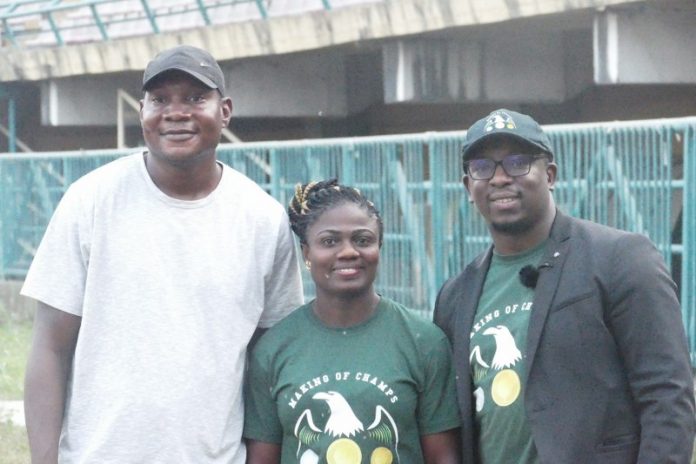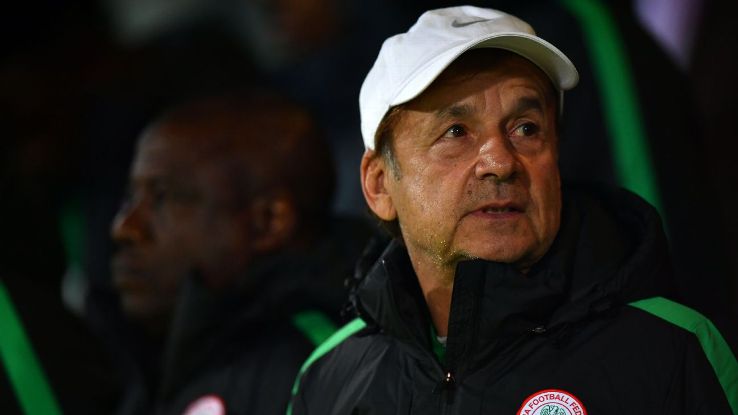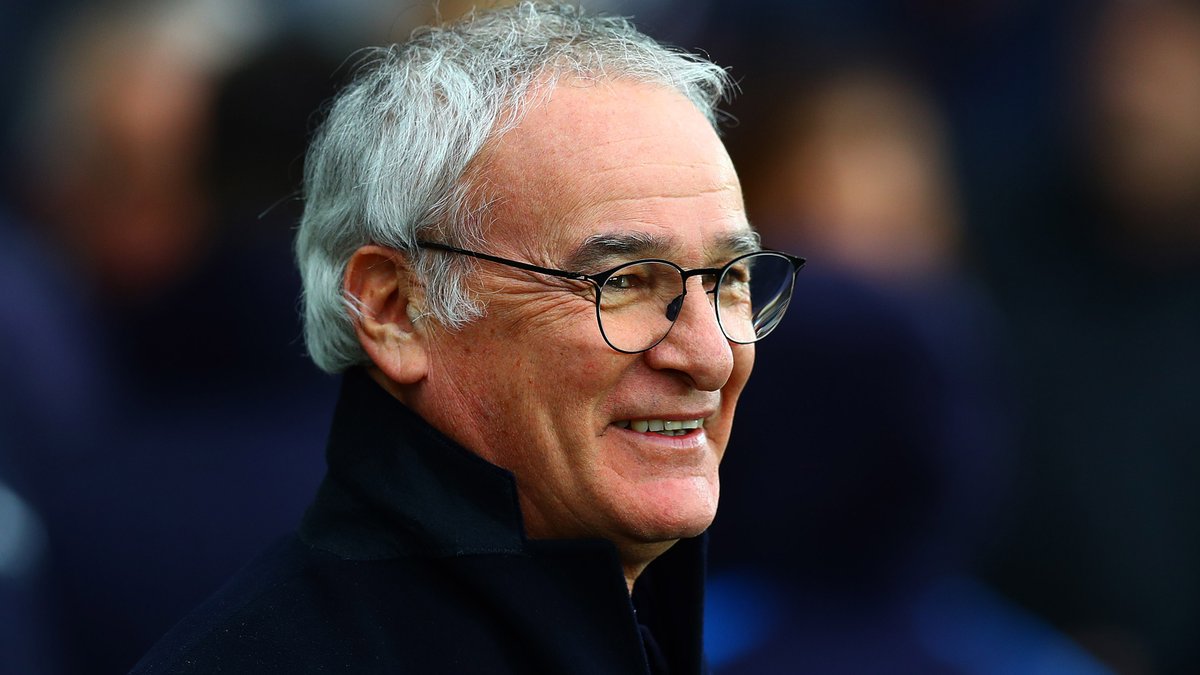
African record holder in the 100m hurdles Gloria Alozie says unless Nigeria returns to a grassroots-focused approach to nurturing and developing athletes, any hopes the country will become a dominant power in the sport will remain a pipe dream.
Alozie won silver for Nigeria at the Sydney Olympics in the 100m hurdles before switching nationality to Spain for whom she won a gold medal at the 2002 European championship.
However, in the intervening years, Nigeria has won only one other individual medal in athletics at the Olympics Games – Blessing Okagbare’s silver medal in the long jump at the 2008 Beijing Games.
Ese Brume’s bronze medal in the long jump at 2019 World Athletics Championships in Doha was Nigeria’s first since 2013, a poor return for a country of Nigeria’s pedigree in athletics.
And Nigeria’s poor performances on the global stage, Alozie who is now a hurdles coach at Making of Champions (MoC) Track Club says, can be traced to the gradual dwindling of the type of grassroots age-grade competitions that nurtured her and other greats like Mary Onyali and Falilat Ogunkoya.
This dearth of developmental competitions means potential world-beaters are neglected and allowed to fall through the cracks.
“The problem with Nigerian athletics has been what we had before that are no more now,” the 41-year old two-time African champion told busybuddiesng.com.
“When we were little, I remember there were lots of competitions: there were national school sports; there were national Under-15 and before the national Under-15 maybe there were local, zonal [and] then state before national. So people were being developed from different parts of the country and now all those things I can’t see them again.”
Having a plethora of grassroots athletics competition for young athletes would, according to Alozie, ensure aspiring athletes have multiple avenues and opportunities to practise and harness their talents just as it was back in her time.
“Now we have the Under-18 but in my time there was the Under-15, the Under-20 then classic school sports. There were many competitions [so] that if you [couldn’t] make one you’d be able to make the other and those things are no more there and there is no sport that can grow without the grassroots.
“So, the grassroots is what is really important because if we neglect the grassroots and believe we can make it from the top it’s very difficult.”









